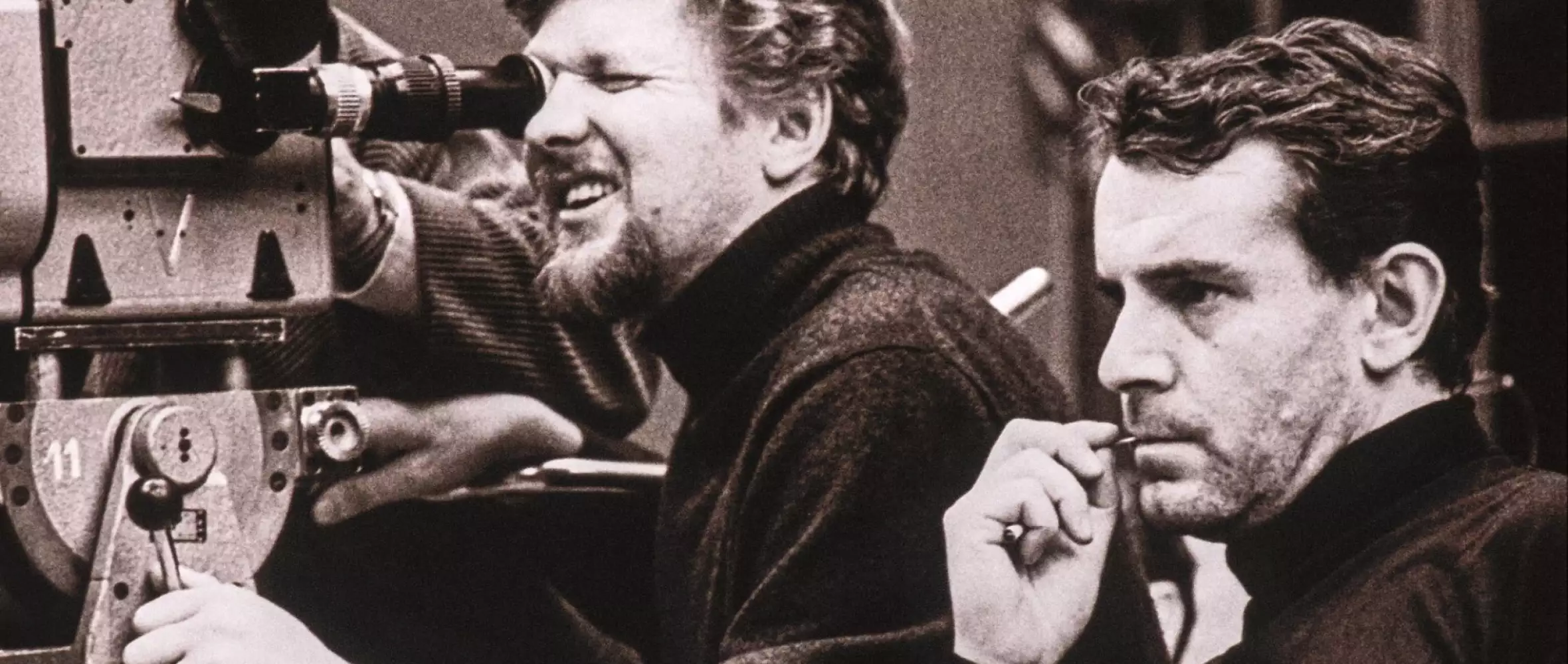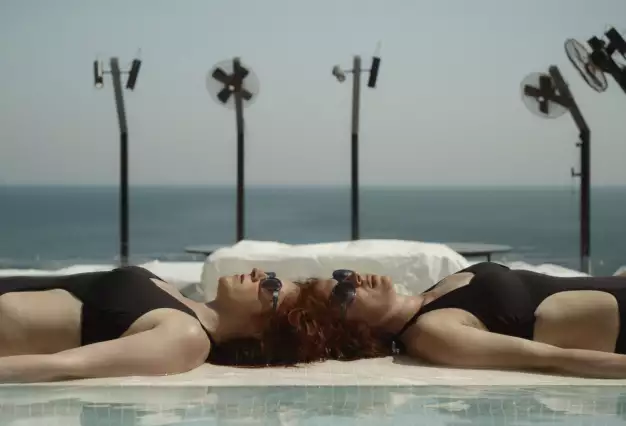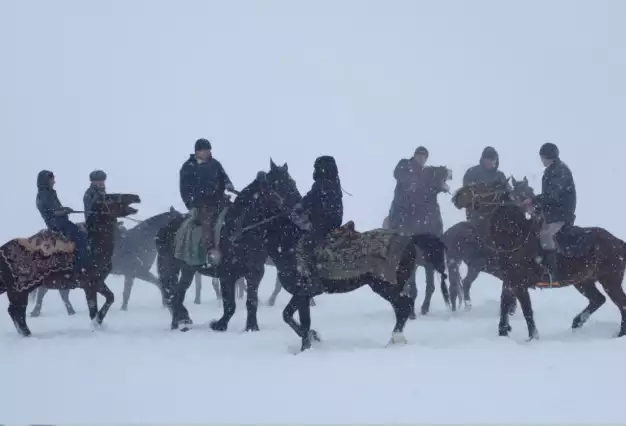
30 April 2019
Miloš Forman Documentary:
A Promising Project Supported in Creative Europe MEDIA
Miloš Forman Documentary:
A Promising Project Supported in Creative Europe MEDIA

The Creative Europe MEDIA programme includes numerous sub-programs, among them TV Programming, which aims to support TV productions, including documentaries. Very few Czech projects have made use of the program so far, but one notable exception is an upcoming portrait of Miloš Forman, which seasoned director Helena Třeštíková is making for Czech Television and ARTE.
Article by Hedvika Petrželková, Daniela Staníková for Czech Film Magazine / Spring 2019
Several factors came together to help to get funding on the Forman vs. Forman explains Daniela Staníková, the head of the Czech Republic’s Creative Europe Desk. “Bringing together two powerful, internationally known names: Třeštíková and Forman; a strong distributor; a well-established coproduction; and real involvement of the coproducers into the project, not just on a symbolic, financial basis. The reputation of the producer has also played its part – Negativ has been working with Třeštíková for a long time. The main coproducers are the French television station ARTE, the French company Alegria Productions, and, on the Czech side, Czech Television.”
Producer Kateřina Černá of Negativ says, “When a major TV station like ARTE decides to be one of the main coproducers of a documentary about Forman, it shows that there is still interest in him and his work in the European context.” She says the documentary will cover Forman’s life in its entirety. “We believe the archival material will allow us to capture every stage of his life — his successes and failures.”
Třeštíková: Forman’s Audition was a miracle for me
Třeštíková describes Forman as a major figure in her life. “I was an avid film buff, even as a child. I went to every children’s movie and saw all the socialist youth films. Then, when I was about 13, a miracle happened,” Třeštikova recalls. “I saw Audition, and the world changed. Suddenly, I saw life as I knew it on-screen. The idea that films were about another, better world than the one we have just vanished. Films don’t have to construct illusions — they can show real life! It was a major realization. I became obsessed with the films of the Czechoslovak New Wave and secretly dreamed that one day
I would be able to make movies too. The New Wave gave me a taste of freedom and became part of the feelings and emotions that made up my life from that point on — my aspirations — they defined my identity. I owe my becoming a director to Miloš Forman,” Třeštíková says.
Plans for the Forman documentary began while he was still alive. Forman approved the project but declined to be in it, since by then he was already very tired and didn’t want to appear on camera. Instead, then, the film will be narrated by one of Forman’s sons, Petr.
“The film will summarize the path of Forman’s life: his quest, his groping for answers, his disappointments, discoveries, realizations. We have plenty of material for this, both from Forman’s own archives and from films made about him or ’making of’ movies for his films. There’s also news footage capturing important events that influenced his life, as well as the Forman family’s own archive. So most of the work on the film will be done in the editing room,” says Třeštíková.
“There hasn’t been a lot filmed about Forman so far, and we believe Czech cinematography lacks a comprehensive biographical portrait,” says Černá of Negativ. “Thanks to our foreign coproducers and script editing provided by ARTE, though, as well as having a figure like Helena Třeštíková on board, we believe there will be interest from foreign festivals as well as foreign television companies, and that will help us with promotion of the Czech Republic on the European and global art scene.”
The TV version of the premiered on ARTE on April 13, 2019. A feature film version will be released theatrically, though no date yet has been set for the premiere.
TV Programming in the Czech Republic
“The objective of the TV Programming schemes is to give producers the opportunity to get high-quality funding and the best possible distribution for selected projects. The schemes has received more attention with the rise of quality TV, one of the first successful projects supported being The Borgias,” Staníková explains.
Other projects that have been given support include hits like the Scandinavian series Trapped and The Bridge, the German series Babylon Berlin, the French series The Returned, and, most recently, the adaptation of Elena Ferrante’s novels, My Brilliant Friend.
The primary criterion for winning support is the participation of at least three broadcasters from different countries. But awarded projects often have seven, nine, even up to twelve broadcasters. “Coproductions are more successful over all in this sector,” Staníková says. “That’s another reason for the success of Scandinavian, German, and French productions. They have a long tradition with coproductions and structures in place.”
So far, but also few have applied. Czechs obtained one grant, in 2005, for Tomáš Kučera’s documentary Wichterle, produced by Armada Films. Generally, however, small countries like the Czech Republic are not too visible in financing scheme. Creative Europe MEDIA is currently trying to remedy that, to some degree, by assesment of projects based on which and how many small countries are involved.
The good news is that a number of other Czech projects with international involvement have appeared recently that could have a shot at getting support, due to the fact that they’ve been conceived as coproductions from the start. “So I think there’s a glimmer of better times ahead,” Staníková says.“




